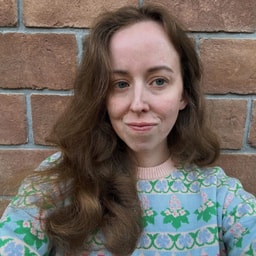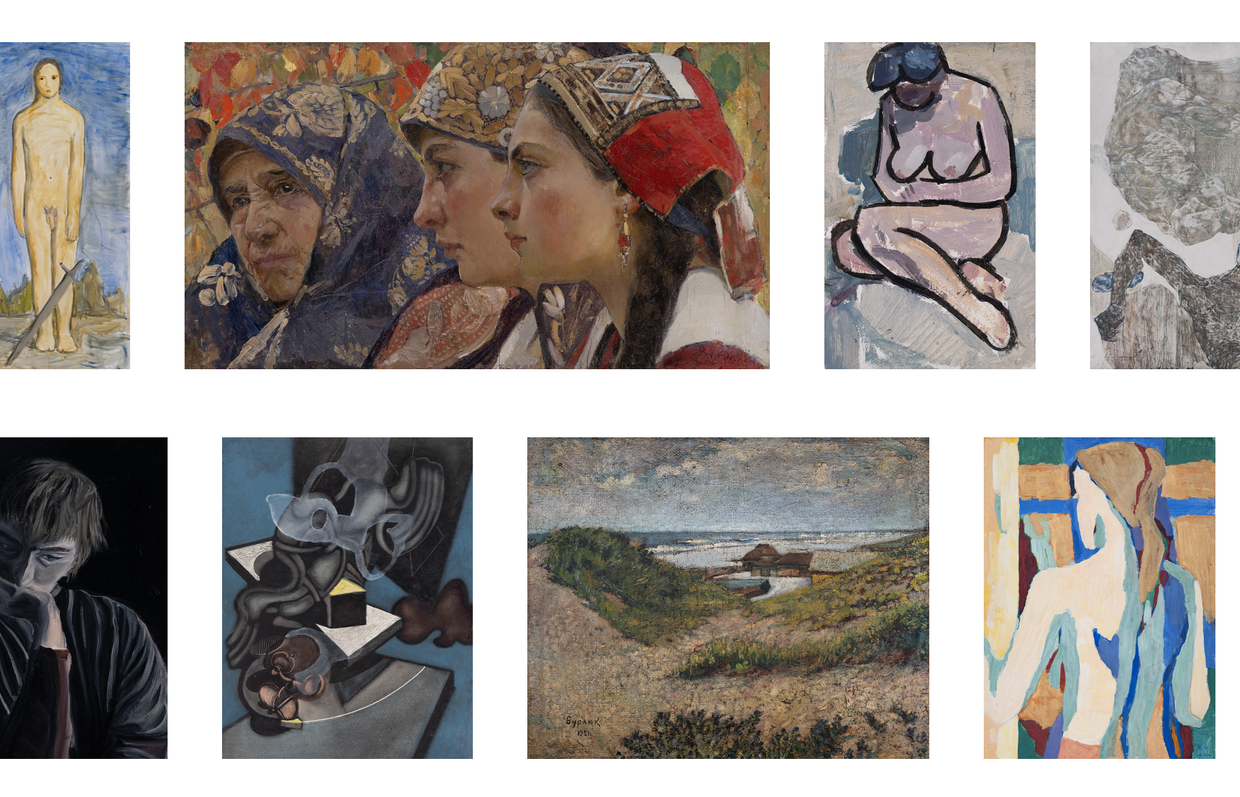‘I wanted to stand beside soldiers’ — Ai Weiwei on his trip to wartime Ukraine

Amid the shadow of war, the world-renowned Chinese artist and activist Ai Weiwei has brought his first-ever exhibition to Kyiv. Commissioned by the non-profit platform RIBBON International, Ai’s installation is a site-specific response to the escalating wars threatening the world of today, and a testament to the possibilities of art in such times.
Traveling beyond the Ukrainian capital, to the eastern city of Kharkiv and even the front lines, Ai has sought not only to witness the resilience of the Ukrainian people but to understand their struggle, their courage, and their everyday humanity.
“I came here not just to hold an exhibition, but to understand what is happening and how the Ukrainian people have managed to fight this brutal war,” Ai told the Kyiv Independent.
In this interview, conducted on the morning of the opening of his exhibition, the artist shares reflections on the role of art in times of conflict, the moral responsibilities of creators, and the enduring hope that people hold onto even in the darkest moments.
This interview has been edited for length and clarity.
The Kyiv Independent: What brought you here to Ukraine at such a critical moment in the war? And what inspired you to have your first exhibition here?
Ai Weiwei: First, I saw that Russia invaded Ukraine, and the (full-scale) war has already lasted for over three years. And, of course, as an artist, I'm deeply concerned with the humanity and struggle of the Ukrainian people. I came here not just to hold an exhibition, but to understand what is happening and how the Ukrainian people have managed to fight this brutal war. Being here inspired me to decide to create the exhibition, as a way to express my solidarity with the people and, hopefully, contribute in some small way to the pursuit of peace for this country.
The Kyiv Independent: You traveled not just to Kyiv, but to Kharkiv, as well as visited soldiers near the front line. Is there any particular moment, any particular interaction that stood out for you the most?
Ai Weiwei: Yes, I really wanted to go to the front. I wanted to be next to the soldiers who are doing the fighting in defending this nation. And they are ordinary people, and they are not (only) young soldiers like in many, many countries, but also old soldiers or experienced professionals. You know, one soldier just showed me his cats. He loves cats, and I love cats.
So, we had a great moment, not just to talk about the war, but to talk about his family, his wife, how he loves his wife. This is always very touching.
The Kyiv Independent: As an artist who is also a political activist, what role do you see art playing in a full-scale war, when the main priority is survival?
Ai Weiwei: When we talk about survival, it’s not just physical — it’s also mental and psychological. So many people use art as a healing process to make them calm down, to stay focused, and to do something and seek comfort beyond living through this scary life.

The Kyiv Independent: We see attacks on democracy and freedom of speech, not only in autocratic nations like Russia or China, but even now in the U.S. It’s a dark time not only for the people of Ukraine but the whole world. How can one remain hopeful and inspired?
Ai Weiwei: If we look at history, we see that there have always been very dark times — periods with countless casualties, sometimes lasting for years. Yet even in those moments, there are individuals who manage to survive, to hold on to hope, to support one another, to bring warmth into the world. They write poetry and novels, and they make art.
There is always both the humane and the inhumane present in every society — not just in authoritarian regimes, as we might assume, but also in democracies. What we see happening in the U.S. makes this clear — many events defy understanding, and in some cases, even authoritarian societies would not go that far.
We are living in an age where moral foundations and social order seem to have collapsed. At the same time, technology is advancing rapidly, and the vast amounts of information we gather do not necessarily become wisdom. Instead, they risk becoming meaningless because we lack the ability — or the will — to act morally. That is a very troubling reality.

The Kyiv Independent: In this very troubling reality, we are also witnessing the rise of AI, which has become a major factor in discouraging critical thinking. As an artist, do you feel any pressure to connect with people in this increasingly technocratic world?
Ai Weiwei: Personally, as an artist, I create my own language to connect with people — something that isn’t shaped by technological developments. But when it comes to AI, I believe it threatens some of the most essential human activities: how we think, how we understand, and how our brains work. Machines and robots may be able to imitate human activity, and perhaps even do it more efficiently — potentially replacing professors, doctors, and others — but they still cannot be truly creative.
They cannot make deeply human decisions or exercise moral judgment, because we as humans are not meant to be “perfect.” Technology, however, tends to offer a single, absolute answer — and I believe that is very dangerous.

The Kyiv Independent: This idea of there not being a single, absolute answer to anything leads me to reflect on the title of your exhibition here in Kyiv — “Three Perfectly Proportioned Spheres and Camouflage Uniforms Painted White” — and the idea of proportion, of finding order. Do you think it’s possible to find that sense of order during a war?
Ai Weiwei: I think that in any situation — any human condition — we can find different levels of order. Order can be political, but it can also be moral: how we define right and wrong, how we try to proportionally understand events, to control and limit the damage. How do we value human life above politics? These are the different kinds of orders we must establish.
Order is not something that exists on its own — it requires human effort to create and continually re-establish order.
The Kyiv Independent: What do you hope the Ukrainian audience will take from your exhibition here in Kyiv?
Ai Weiwei: That’s very hard to answer. As an artist, I do my best, but my work is always limited by my own experiences, my history as an artist, and my artistic language. I can only hope that people take a moment to reflect. Yes, they are living through a war, but war is never the answer. In the end, we all long for a peaceful life — and we want to build a culture for future generations.
Sign up for our newsletter

The Kyiv Independent: Have you had a chance to experience Ukrainian culture while you’re here? Seeing art exhibitions by local Ukrainian artists or listening to Ukrainian music — anything like that?
Ai Weiwei: I’m trying to engage more, of course — I need to understand. But I don’t just see artists as those working in studios — I see them in daily life here: in the soldiers, farmers, workers.
The Kyiv Independent: Ukraine’s war against Russia is not just a fight for its sovereignty — it’s also a fight for freedom against tyranny and for the right to live a life of dignity. Having achieved so much as an artist despite the threat of tyranny, has your understanding of freedom changed over time?
Ai Weiwei: Talking about freedom, I think it is the best moment when you're (taking a stand) against tyranny and against the obstacles in life. Ukrainians are in a difficult time, but that's the moment you're defending freedom, and that's the glory.
Note from the author:
Kate Tsurkan here, thanks for reading my latest interview. It was a huge honor for me to be able to meet Ai Weiwei and talk to him about his experience here in Ukraine. I've been an admirer of his work and his bravery for years, and it is empowering to see such a high-profile international artist show his support for Ukraine. If you like reading about this sort of thing, please consider supporting The Kyiv Independent.












